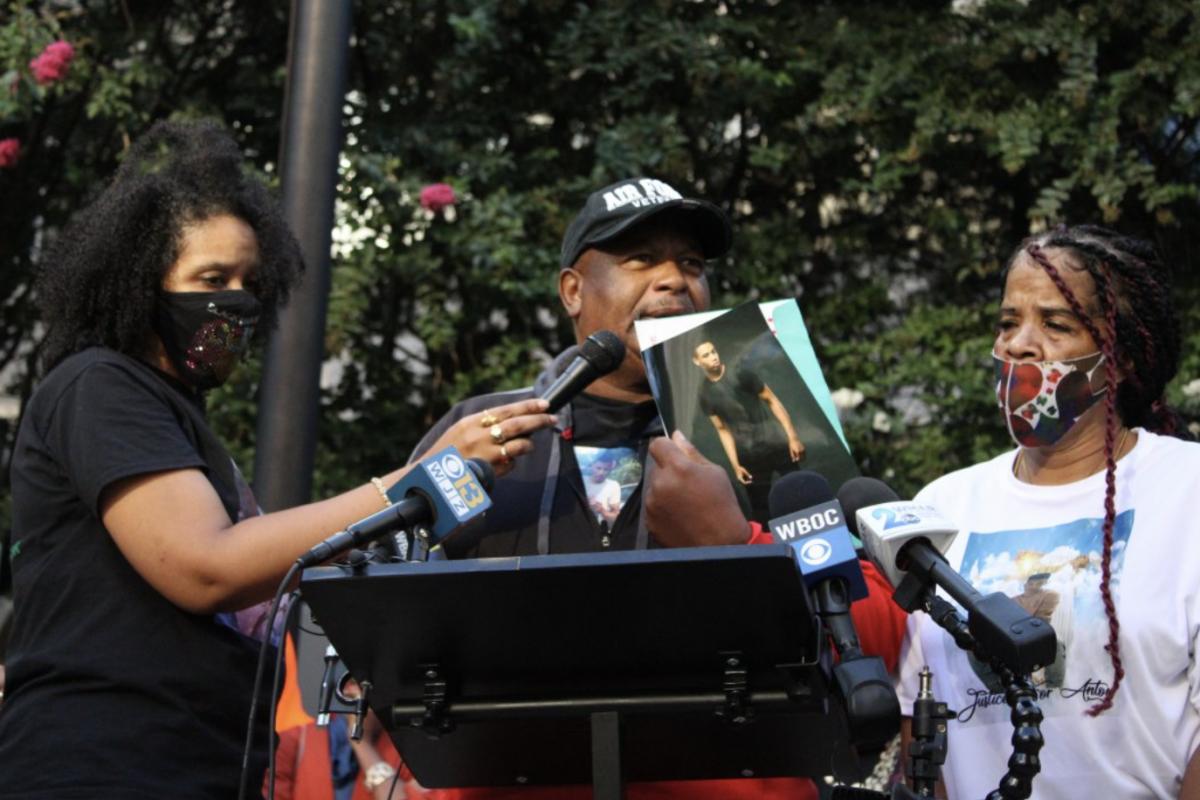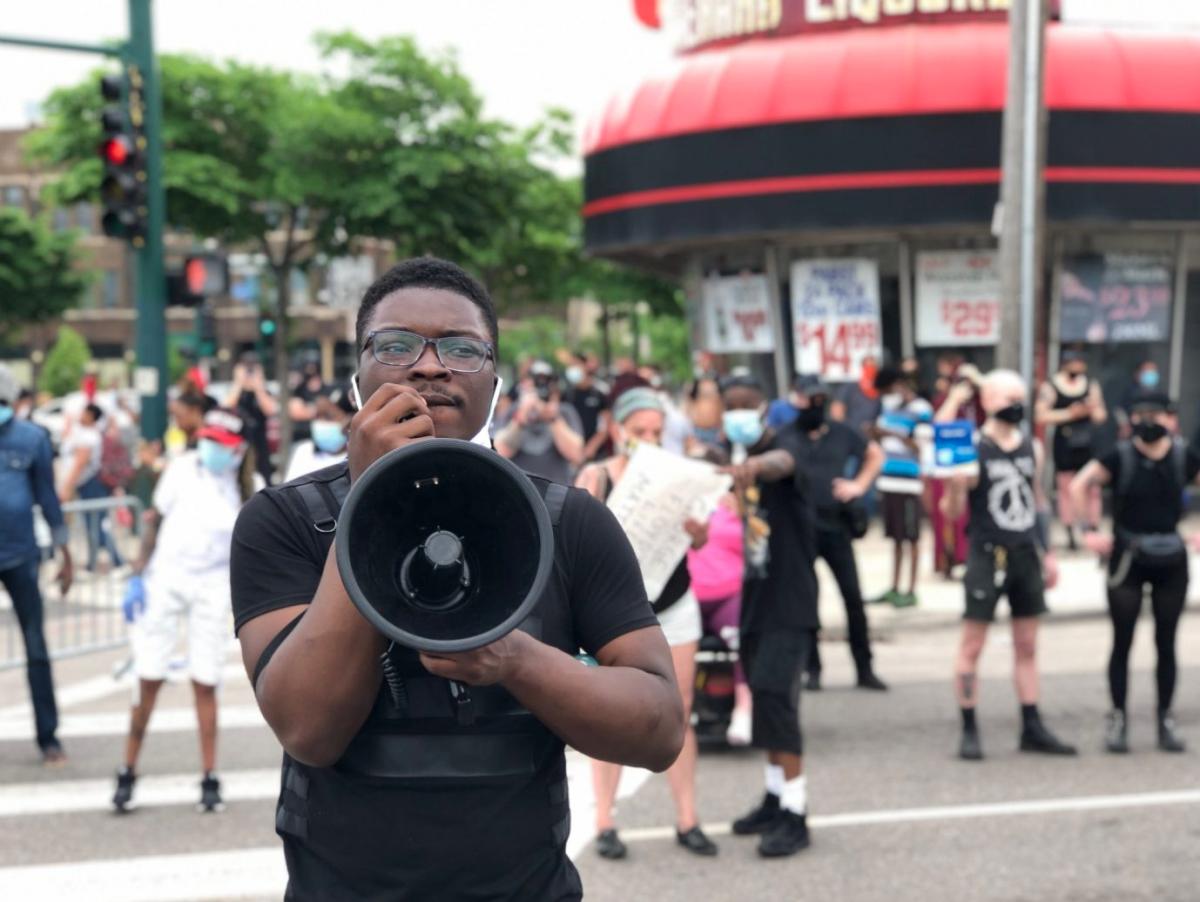Easton Mayor Robert Willey sat down Thursday morning with The Spy to discuss ongoing and upcoming projects around town, including a new section of Rails-to-Trails, one approved and one proposed residential development, and distribution of American Rescue Plan Act funds. The mayor also highlighted last month’s successful 50th anniversary Waterfowl Festival and Saturday night’s Christmas parade, which has more than 60 units participating.
This video is about 16 minutes long.






